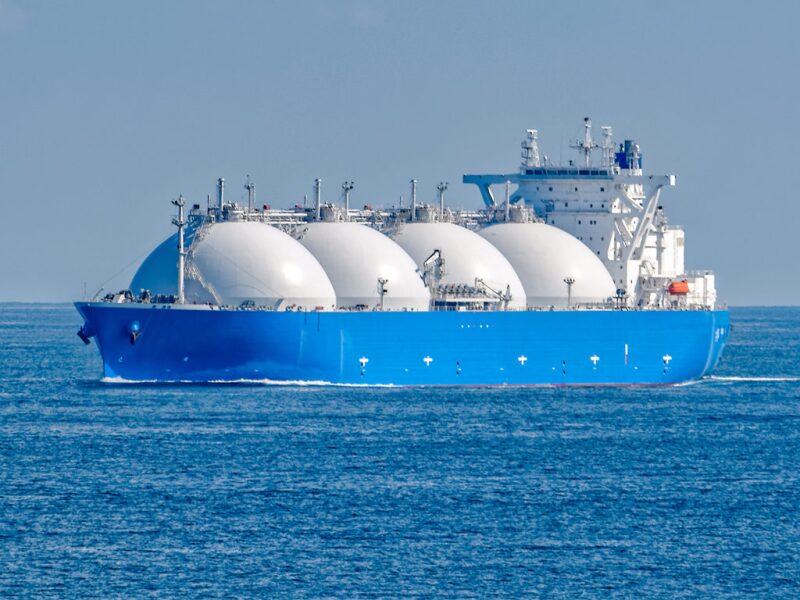Kreditansalt fur Wiederaufbau (KfW), on behalf of the German government, and Dutch-owned Gasunie signed a Memorandum of Understanding (MoU) on a joint project to build a terminal for the import of liquefied natural gas (LNG) at Brunsbüttel, Germany. The KfW will acquire 50% of the shares in the LNG terminal for the government. Gasunie will operate the facility. As a result of the new alignment, partners Vopak LNG Holding BV and Oiltanking GmbH will leave the group of stakeholders by May 2022.
“The state participation and the leadership of Gasunie enable the necessary accelerated realization of the terminal,” said Kees van Seventer, president, Vopak LNG in a statement. “It is in the interest of securing the energy supply of Northwest Europe. The framework including commercial conditions of this state participation and a private ownership are different and so Vopak and Oiltanking have decided not to participate further in the implementation of the project.”
The terminal will have an annual regasification capacity of 8 Bcm and provide a possibility to import gas directly to the German market from regions which cannot be reached by gas pipelines.
Going forward, the intention will be to refit the terminal so that it can process green hydrogen derivatives like ammonia.
“It is absolutely clear that we need to make our energy supply climate-neutral, to rigorously cut our gas consumption, and to press ahead with the expansion of renewables and the production of hydrogen. But we will need gas during the transition,” said German Minister for Economic Affairs and Climate Action Robert Habeck. “Here, we need to reduce our dependence on imports from Russia as quickly as possible; Russia’s war of aggression against Ukraine is now making this imperative. An LNG terminal in Brunsbüttel will increase the possibilities to import gas to Germany.”
Sigrid Kaag, Finance Minister of the Netherlands, added: “Gasunie, the Dutch state-owned enterprise, is making an important contribution towards Europe’s gas security by building an LNG terminal in Brunsbüttel. This is a good step towards reducing dependence on imports of gas from Russia.”
The proposed project includes a jetty with two berths for vessels up to Q-Max size and facilities for the distribution of LNG by tankers, railway tanker wagons, and smaller vessels. The proposed terminal will have two LNG tanks with a capacity of 165,000 cubic meters each and an LNG regasification plant.


